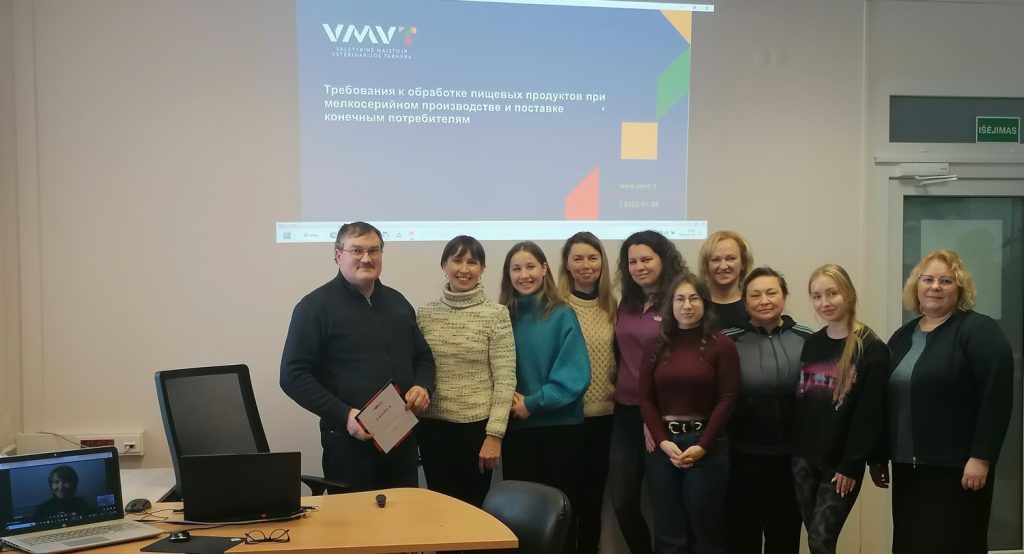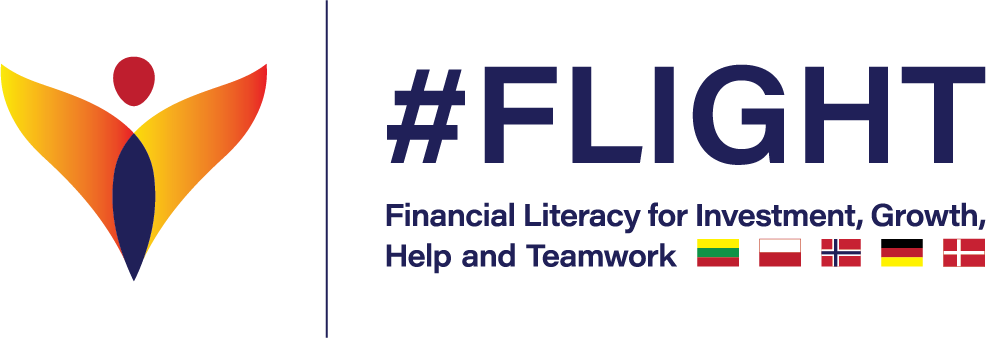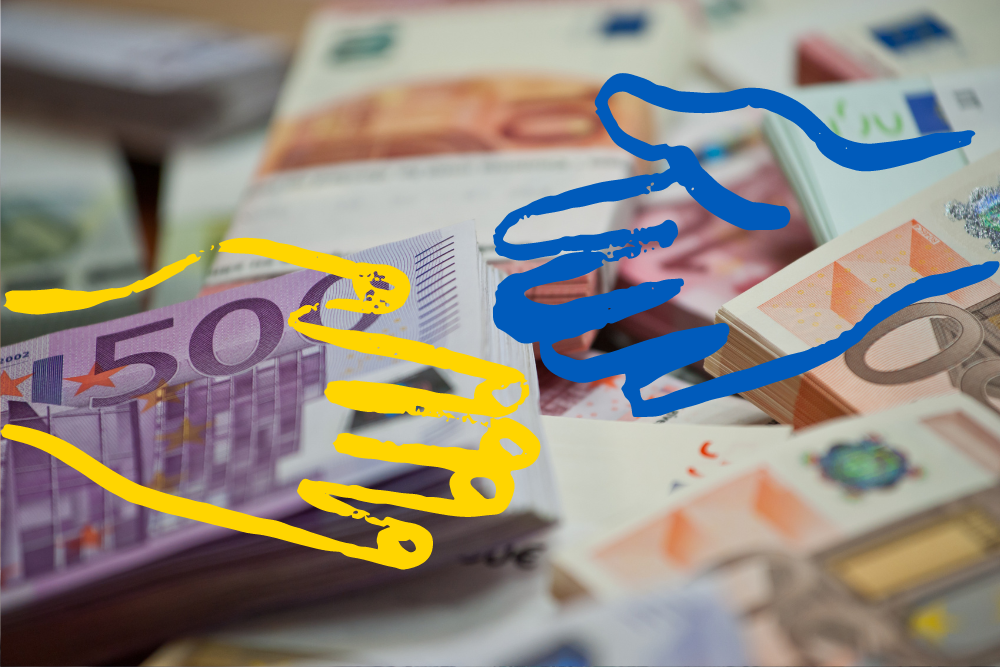Half of all Ukrainians of working age in Lithuania, more than 22.000, are employed under employment contracts. They have contributed €40 million to the national budget since the start of the war in Ukraine until the end of 2022, but surveys show that as many as 4 out of 5 would like to change jobs.
Since the start of the war in Ukraine, more than 21.000 Ukrainians have found work in Lithuania. Around 11.500 of them have found work with the help of the Employment Service, which has around 2,000 more jobs to offer.
15 000 medium-skilled workers
Ukrainian war refugees work in all Lithuanian municipalities, with almost 1 in 3 in the capital city Vilnius alone. Most Ukrainians work in manufacturing, construction, transport and warehousing, accommodation and catering services, and wholesale and retail trade.
There are currently around 68,000 Ukrainians in Lithuania: children, elderly people and people of working age. The largest number of Ukrainians were employed in April and May (5.2 thousand and 3.9 thousand respectively).
Language barriers and childcare were the most common reasons given by Ukrainian war refugees for not being able to find work.
“I admire the industriousness and strength of Ukrainians and their contribution to the Lithuanian economy. I am also grateful to our employers who have willingly provided jobs to Ukrainians who have fled the war,” said Mrs Monika Navickienė, Minister of Social Security and Labour.
According to the Employment Service, 1.7 thousand Ukrainians are employed in highly skilled jobs. These include business and administrative professionals (logistics and sales managers), health professionals (doctors, nurses, veterinarians), as well as training, IT, physical engineering, law, social and cultural professionals.
The majority of Ukrainians – 14.9 thousand – work in medium-skilled jobs. These include customer service professionals, salespeople, construction workers, metalworkers, electromechanical and electronic equipment mechanics, stationary equipment and machinery operators, and drivers.
Around 5.400 Ukrainians work in low-skilled and unskilled jobs. Most of them are office and hotel cleaners, kitchen helpers and packers, agricultural and forestry workers, and food preparation and domestic workers.
Language and children are the main barriers
In a survey conducted in November and December last year by the Vilnius Office of the International Organisation for Migration (IOM Lithuania) in cooperation with the NGO SOPA, 104 respondents most frequently mentioned the language barrier and childcare among the reasons why they were unable to find work.
According to Mrs Inga Šukaitienė, a recruitment agent at SOPA, most of the women from Ukraine have come to Lithuania not only with small children, but also with elderly parents, which means that they have to carry a double burden, and in such cases, it is not easy to find work.
78.4% of the respondents indicated that they would like to change jobs. The reasons for changing jobs vary, but it is noteworthy that as many as 41% of respondents are dissatisfied with the pay they receive (they consider it too low), 28.2% would prefer a job in line with their existing qualifications and 12.8% say that working conditions are rather difficult.
46.2% of Ukrainians surveyed indicated that they are thinking about starting their own business in Lithuania, but they lack information. Almost half of them miss consultations with specialists.
“When you arrive in a foreign country, it’s naturally very difficult to find out which institution to turn to for specific help, how to register your children for kindergarten or school, and how to get social benefits. And the women came alone with their children, not knowing the language. So, it is necessary to provide them with as much accurate information as possible so that they have more opportunities in the labour market,” says Mrs Šukaitienė.
Ukrainian salaries range from the minimum wage to almost €2.000 a month, depending on the type of work. The average Ukrainian working in Lithuania in December 2022 earned around €1.061 a month “on paper”.

Ukrainian Women’s Help Club in Širvintos
Once a month, in the Širvintos branch of the Employment Service, women’s chatter and slowly pronounced Lithuanian words can be heard. This is where Ukrainian women sheltered in a small district in Eastern Lithuania gather for the Help Club meeting.
Here, they learn about the Lithuanian legal environment, taxes, and business opportunities, improve their digital literacy and Lithuanian language skills, and most importantly, enjoy a female community marked by painful experiences and hopes for a brighter future.
“So many of you! – Olena, who is sheltered with her children in a small village in the Širvintos district, was surprised when she arrived at the first event. – I thought I was the only one living here.”
The fates of the women in the club are as varied as their professional experiences. Before the war, some of them held responsible management positions in large Ukrainian companies, others had their own businesses, and still, others were studying at higher education establishments. After being relocated to Lithuania during the war, they are now trying to cope with their fate and are slowly starting to look for opportunities.
“I want to find out about opportunities to work in cake and pastry baking,” says Nadia in Lithuanian when asked about topics of interest. She moved to Lithuania with her mother. These and similar requests become the topics of the Help club meetings.
For example, in response to Nadia’s request, the club meeting was attended by representatives of the Širvintos branch of the State Food and Veterinary Service, who explained in detail the procedures in force in Lithuania for home food production. Simple at first sight, it has various nuances, which the club members can better understand and remember with the help of lively interactive quizzes.
They are trained by Halyna Tverdenko, a Ukrainian woman who also found herself in Lithuania because of the war in her homeland. Halyna, who works as an international project assistant for the NGO VERSLI MAMA, is responsible for the content of the club meetings in Ukrainian.
Around 10 women attend the once-a-month meeting at no cost to them. The NGO staff is pleased that their initiative to help Ukrainian women integrate into Lithuanian reality as easily as possible immediately attracted the interest of the Employment Service. “Without their support, care and warm welcome, the club meetings would not be so warm and inclusive”, says Mrs Vilma Dainienė, a lecturer who curates the activities of the Help Club.
The Help Club in Širvintos is part of the ongoing Erasmus+ project FLIGHT on digital financial literacy for adult females. Initially targeting Eastern European women coming to live in the European Economic Area (EEA), the project has slightly changed its focus since the outbreak of the war in Ukraine, and now its main target group is Ukrainian war refugees.
The text is based on press releases from the Ministry of Social Security and Labour of the Republic of Lithuania and the ELTA news agency. The ERASMUS+ #FLIGHT: Financial Literacy for Investment, Growth, Help and Teamwork (2021-2023) adult education project in Lithuania is implemented by the NGO VERSLI MAMA together with partners from Denmark, Poland, Norway and Germany.


